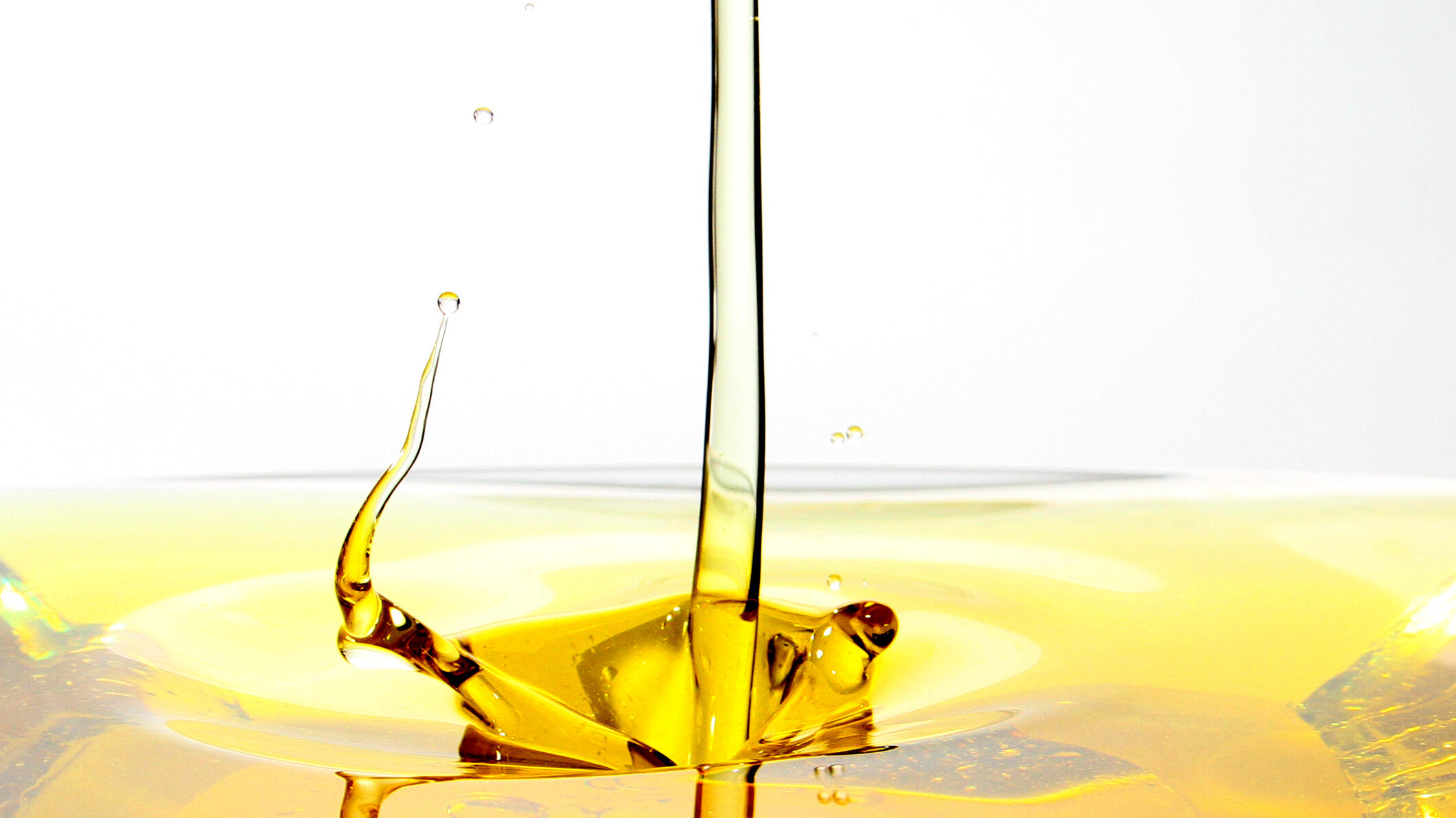
anurāga [affection, attraction, attachement, feeling, pleasure]
Feeling flows. This is the simplest thing we can say about it.
Feeling is not like like still water in an urn. Feeling moves or it is not feeling.
And where does it flow? It flows from something capable of producing feeling to something capable of receiving feeling: from a heart to a heart, from a soul to a soul.
The essence of feeling is to be of a soul and for a soul. If there is feeling it is because there are (at least) two souls, one to give and one to receive.
This is not just the proof of the existence of our soul, it is the proof of the existence of other souls as well.
This simple idea already leads us deeply into the meaning of the life of Lord Caitanya Mahāprabhu. The gift of his experience and teachings is the understanding that love is not still, it is flowing. Mahāprabhu shows that ‘divine love’ does not mean a divine being who is love, namely Kṛṣṇa. ‘Divine love’ means a relationship where love flows divinely, namely RādhāMohan.
Anurāga is the name of this special kind of flow of feeling on the path to this realisation.
Imagine emotion as a great jar of golden oil, shining and pure. Now imagine a stream of this oil, poured from the jar continuously in a thread so flawless and refined, that it appears as solid column of gold.
If the golden oil represents rāga, pure emotion, pure attraction, then the stream of falling golden oil represents anurāga : the constant, continuous, solid flow of pure emotion.
For material consciousness this stream of golden oil is a solid column of gold: flawless and elegant in its perfection. And yet in its perfection, because of its perfection, the material eye cannot perceive its flow. the material eye does not sense its energy, cannot see its movement. The material consciousness does not understand that this column of gold is made of constant renewal, not a column at all, but a stream of golden oil, self-renewing, never the same, permanent refreshment.
Rūpa Gosvami teaches, in Ujjvala-nīlamaṇi, that anurāga is the stage of loving devotion just prior to mahābhāva, (the mood of mañjarī), when even the lover is intimately familiar with the heart of the beloved, and yet there is an intense of feeling of newness, as if one has never before experienced those feelings.
The prefix ‘anu’, when attached to a word means ‘following’, ‘after’, ‘flowing from’, ‘caused by’. So if rāga means ‘pure emotion’ then anurāga means the pure emotion that flows from pure emotion that flows from pure emotion, and so eternally. It is pure emotion that is ever flowing, ever new.
For material consciousness love is an idea. For spiritual consciousness love is a feeling, an experience, a relation. It is the flow from one soul to another, from one heart to another heart.
The ever-increasing spiritual energy that is anurāga has flowed since the creation. But is was only by the blessing of Caitanya Mahāprabhu, who not only taught devotional practice, but embodied the flow of feeling between Rādhā and Mohan, ever new, ever growing, ever spreading.
Anurāga means that this love will flow to us all. Love is not a private club. Love grows in every heart, because love flows from every heart. It flows from one heart to another, and another, and so on, ever pure, ever new, ever fresh.